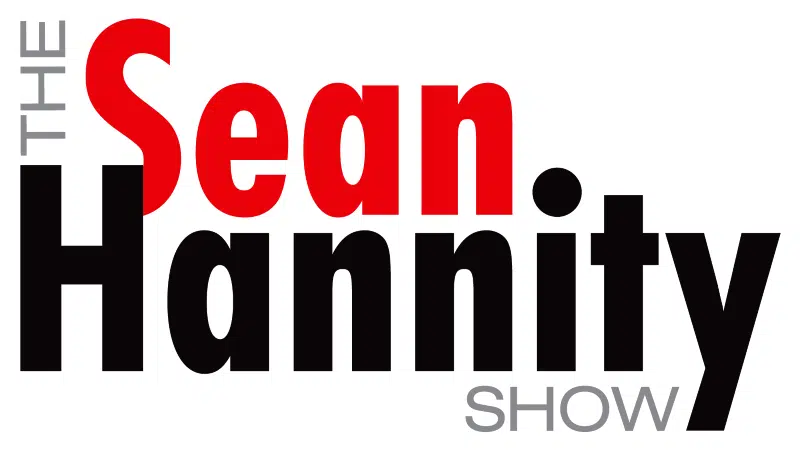By Tassilo Hummel
PARIS (Reuters) – France’s far-right National Rally (RN) extended its lead in a poll published on the last day of campaigning before Sunday’s first round of parliamentary elections, with another survey showing it in sight of a slim majority.
Marine Le Pen’s anti-immigrant, eurosceptic party has led polling since President Emmanuel Macron called a surprise snap election this month that has plunged France into uncertainty and unnerved European neighbours and financial markets.
A new OpinionWay poll published by Les Echos newspaper on Friday showed the RN could reach as much as 37% of the popular vote, up two percentage points on its score a week ago.
Macron’s centrist bloc Together party was seen reaching 20%, down by two points from the last publication. The New Popular Front leftwing alliance stood at an unchanged 28% of the vote.
BFM TV, in a different poll compiled by Elabe, calculated that the RN and allies could end up with 260-295 seats in the new parliament – potentially crossing the 289-seat bar for an absolute majority giving them a clear mandate to govern.
Accurate seat projections are tricky because the outcome depends on results in 577 constituencies across France. Moreover, after Sunday’s first round, rivals to the RN may team up and withdraw candidates in tactical moves to defeat far-right candidates in the July 7 second round.
The prospect either of an RN-led government or the political paralysis of a hung parliament has unnerved financial markets, with the risk premium on French government bonds rising on Friday to its widest since the 2012 euro zone crisis.
An outright RN victory would position the party for an awkward “cohabitation” with Macron for the remainder of his term through to 2027, the first time a French president would have to share power with a party outside the political mainstream.
WHOSE PREROGATIVE?
While the RN has toned down some of its anti-European Union positions and has vowed fiscal responsibility, questions remain over how it will fund its election promises and what its deep euroscepticism will mean for the future of EU integration.
Critics say racism underlies its “French first” policies despite Le Pen’s efforts to detoxify a party inherited from her father Jean-Marie, who was convicted of inciting racial hatred.
In a final TV debate on Thursday, Macron’s Prime Minister Gabriel Attal accused his RN challenger Jordan Bardella of continuing to tolerate racist speech in the ranks of his far-right camp – an accusation Bardella rejected.
The party has benefited from anger at Macron, whose decision to run as president back in 2017 at the head of a newly formed, broad-based centrist movement has reshaped French politics and was intended to counter the rise of extremist parties.
His rule has been credited with pro-business reforms but is perceived by many French voters to have ignored their concerns about the rising cost of living and weaker public services.
Le Pen gave a foretaste of the type of clashes that a cohabitation could trigger on Friday when she said an RN prime minister would veto Macron’s preferred choice to serve as the French official in the European Commission in Brussels.
“It’s the prerogative of the prime minister, not the president, to name the French commissioner,” she told Europe 1 radio. A diplomatic source said on Thursday Macron backed Thierry Breton, the former businessman who currently holds the Commission’s internal markets portfolio, for a new term.
(Writing by Mark John; Editing by Peter Graff)



Comments